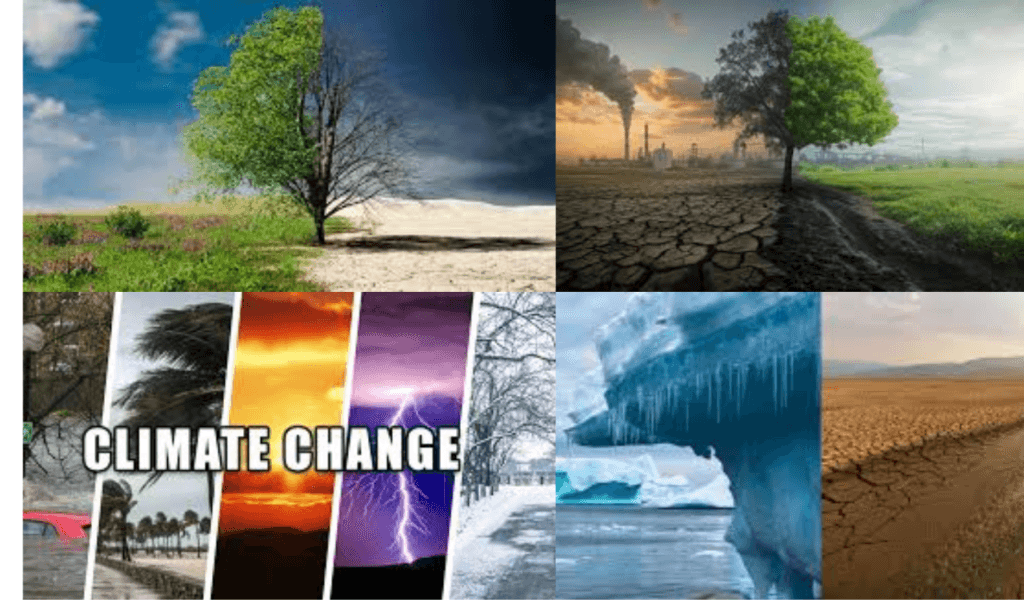The weather is a constant topic of discussion globally. From extreme heatwaves to intense cyclones, the patterns are becoming increasingly unpredictable due to climate change. As the planet warms, many regions are experiencing more frequent and severe weather events, prompting concerns among scientists and policymakers alike. With a focus on Karachi’s coastal areas, recent cyclone alerts have brought attention to the growing threat of such natural disasters.

Understanding Weather and Its Importance
Weather refers to the day-to-day atmospheric conditions like temperature, humidity, wind speed, and precipitation. It plays a critical role in our daily lives, influencing everything from transportation to agriculture. While the weather can be sunny and pleasant one day, it might turn into a stormy or rainy situation the next. This variability is what keeps people checking forecasts regularly.
In recent years, climate change has drastically altered these patterns. Rising temperatures have led to more extreme weather conditions, including increased frequency of hurricanes, floods, and droughts. The changing climate has far-reaching consequences, affecting ecosystems, human health, and economies worldwide.
The Impact of Climate Change on Weather Patterns
The rapid pace of climate change is having a significant impact on global weather. Rising sea levels and higher ocean temperatures are fueling more intense storms. In coastal areas like Karachi, cyclone alerts have become more common. The Fourth Cyclone Alert for Karachi’s coastal areas, for instance, is a stark reminder of how vulnerable these regions are to weather-related disasters. Read more about the alert here.
This alert highlights the importance of staying informed about local weather conditions. As cyclones gather strength over warm ocean waters, they bring with them heavy rainfall, strong winds, and potentially destructive storm surges. Communities near coastlines must be particularly vigilant, as even a slight shift in a storm’s path can lead to devastating consequences.
How to Stay Prepared
Being prepared for sudden changes in the weather is crucial, especially in regions prone to extreme conditions. Here are a few tips to stay safe during severe weather events:
- Stay Informed: Regularly check weather updates through reliable sources, including local news channels and weather apps.
- Create an Emergency Plan: Have a clear plan for your family, including designated meeting points, evacuation routes, and emergency contacts.
- Prepare an Emergency Kit: Keep essentials like food, water, first-aid supplies, and flashlights on hand.
- Secure Your Property: If you live in a cyclone-prone area, ensure that your property is safeguarded against potential wind and water damage.
The Role of Governments and Communities
Governments play a vital role in mitigating the effects of severe weather. Early warning systems, infrastructure development, and disaster relief efforts are essential components of managing weather-related challenges. Moreover, communities must work together to ensure preparedness and resilience. Local initiatives, such as tree-planting drives and clean-up campaigns, can help mitigate the impact of extreme weather events.
Conclusion
Weather, while fascinating and essential to life, is becoming increasingly difficult to predict. With the effects of climate change more visible than ever, it is crucial to remain aware and prepared for any potential changes. As we have seen with the Fourth Cyclone Alert issued for Karachi’s coastal areas, being proactive can help reduce the risks posed by these natural phenomena. By staying informed and taking necessary precautions, we can better protect ourselves and our communities from the dangers posed by extreme weather.


